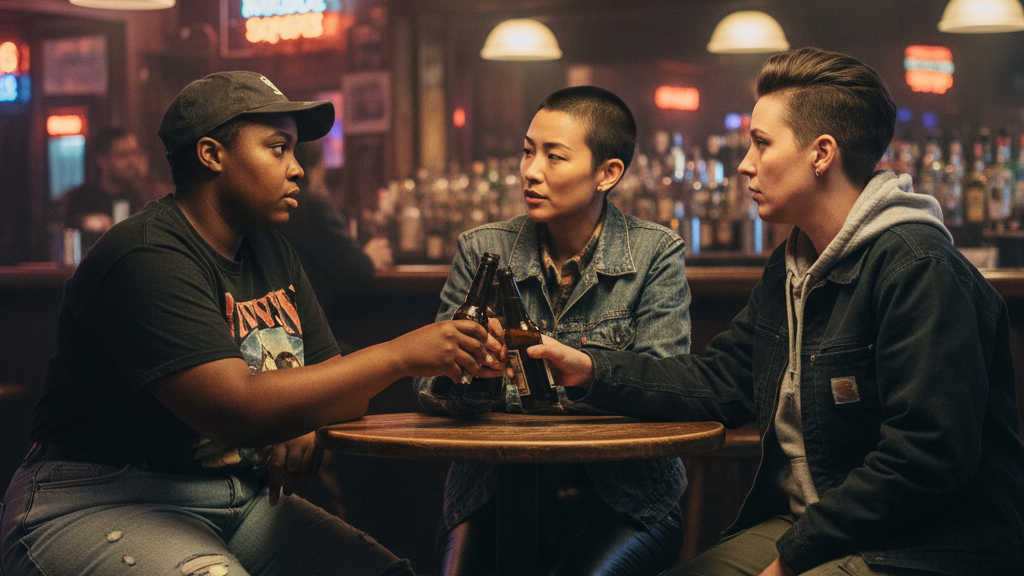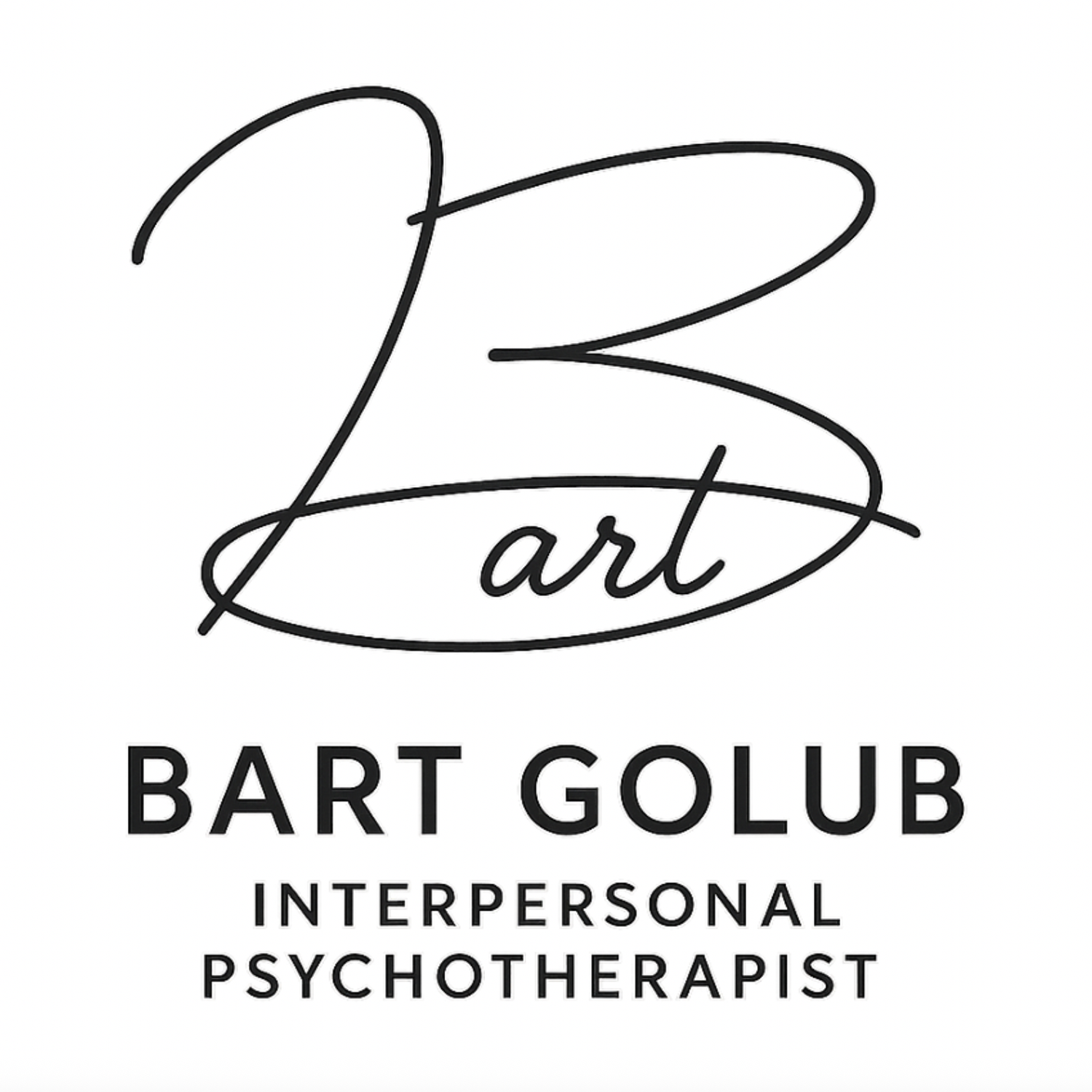
!?
About Polyamory and Ethical Non-Monogamy
Q: I'm curious about non-monogamy but not sure if it's right for me. Can therapy help me explore this?
A: Absolutely. Exploration doesn't mean you have to change everything. Sometimes it just means getting clear on what you actually want versus what you think you should want. We can explore your questions without pressure to make any particular choice.
Q: My partner and I want to open our relationship but don't know where to start. What should we expect?
A: Opening a relationship is a process, not an event. We'll work on communication skills, explore your motivations and fears, and develop agreements that honor both your individual autonomy and your connection. Most couples benefit from several sessions before making major changes.
Q: Is this therapy only for people in polyamorous relationships?
A: Not at all. I work with anyone interested in building more authentic relationships, regardless of their current relationship structure. This includes people questioning monogamy, exploring their sexuality, or simply wanting deeper connections in any context.
About the Therapeutic Process
Q: How is this different from regular couples therapy?
A: Traditional couples therapy often assumes monogamous, hierarchical relationship structures. I work with whatever relationship style you're creating, whether that's polyamory, relationship anarchy, or something entirely your own. The focus is on building skills for your actual life, not fitting into conventional models.
Q: Do you judge people for non-traditional relationship choices?
A: My role is to support your authentic choices, not judge them. As someone who lives polyamorously myself, I understand the challenges of navigating non-conventional relationship styles. You won't need to explain or defend your choices here.
Q: Can you work with our whole polycule or relationship network?
A: Yes, I offer group sessions for polycules, chosen families, and intentional relationship communities. Sometimes the issues aren't between two people but about how everyone fits together. Group work can be incredibly powerful for building collective skills and addressing network-wide dynamics.
Practical Questions
Q: Do you take insurance?
A: I accept United, UnitedHealthcare, United Behavioral Health, Optum, and UMR. Superbills can be provided for potential out-of-network reimbursement. Specialized therapy should be affordable for everyone, so a sliding scale is also available. Please reach out to discuss your budget and options.
Q: Do you offer in-person or virtual therapy?
A: Research shows that online therapy can be just as effective as in-person work when there's a good therapeutic relationship. Virtual sessions also provide flexibility, minimize travel time/cost, and provide a level of privacy that many clients prefer, especially when discussing sensitive topics. However, many people still prefer to experience the sense of human connection that’s unique to in-person therapy. The choice is yours.
Q: How long does therapy typically take?
A: This varies greatly depending on your goals. Some people benefit from just a few sessions to navigate a specific challenge, while others prefer ongoing support as they develop new relationship skills. We'll regularly check in about your progress and adjust our timeline accordingly.
Q: What if my situation is really complicated?
A: Complex situations are exactly what this approach is designed for. Whether you're navigating multiple relationships, family rejection, workplace disclosure issues, or community conflicts, we'll break things down into manageable pieces and build skills systematically.
Getting Started
Q: What happens in a consultation?
A: We'll spend 15 minutes discussing your situation, goals, and questions. This helps us both determine if we're a good fit. There's no obligation, and I'm happy to provide referrals if someone else might serve you better.
Q: How do I know if you're the right therapist for me?
A: Trust your instincts. You should feel heard, understood, and optimistic about working together. If you don't feel that connection in our consultation or first session, I'll help you find someone who might be a better match.
Q: I'm nervous about starting therapy. What should I expect?
A: It's completely normal to feel nervous. My approach is collaborative and non-judgmental. You control the pace and content of our sessions. We'll start wherever feels comfortable and build from there.
